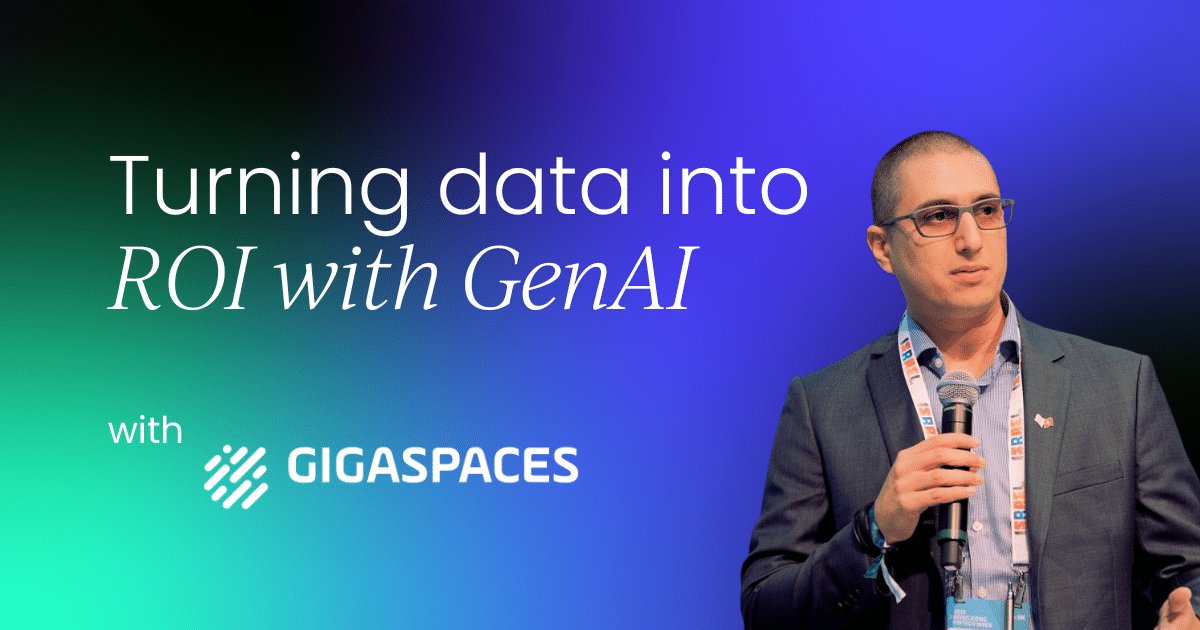GigaSpaces, a company with over 20 years of experience in the data management sector, has solidified its position as a leader in real-time software solutions for critical operations. The firm has underscored the importance of access to structured data for businesses of all sizes and industries. From large corporations to small startups, the reliance on structured data—whether in traditional databases, Excel spreadsheets, or CSV files—is a common denominator in today’s organizations.
The definition of “real-time” varies significantly across different companies; while some require access in milliseconds, others may accept delays of several hours. However, the need for fast and reliable access is a constant expectation in the business environment. The challenge is exacerbated by the fact that, although the data is structured, it is often fragmented across different systems, stored in outdated databases, or protected by inadequate infrastructure.
Complexity increases as various solutions, such as ETL, data warehouses, and data lakes, are incorporated, often resulting in greater latency and an increased risk of errors. Historically, business intelligence (BI) has been the primary tool for visualizing and understanding data, but GigaSpaces argues that this approach is no longer sufficient. BI platforms limit analysis to previously extracted data, which can leave out critical information.
Modern analysts require the ability to interact with data in a more dynamic way. Therefore, GigaSpaces is directing its efforts toward implementing natural language processing (NLP) technologies and natural language queries (NLQ). These technologies enable users to ask simple questions and receive immediate answers, contrasting radically with the traditional approach that relied on technical knowledge and could take days to yield results.
The company has also proposed augmented retrieval generation (RAG) as a method for querying unstructured data more effectively. However, this approach often faces the challenge of working with outdated data, which is especially problematic in sectors where immediacy is critical, such as healthcare or asset management.
To address these limitations, GigaSpaces introduces the concept of Table Augmented Generation (TAG), which adapts the principles of RAG to handle structured metadata. This innovation allows companies to create a unified semantic map that integrates data from multiple sources without the need for direct access, thus facilitating adaptation to the diverse needs of different departments.
With rising expectations regarding speed and accessibility, the future of data management aims to empower all users to obtain real-time answers, simplifying interaction with information and reducing complexity. Technologies like NLQ and TAG could represent a paradigm shift, transforming data from an obstacle into a powerful business engine.
via: MiMub in Spanish











